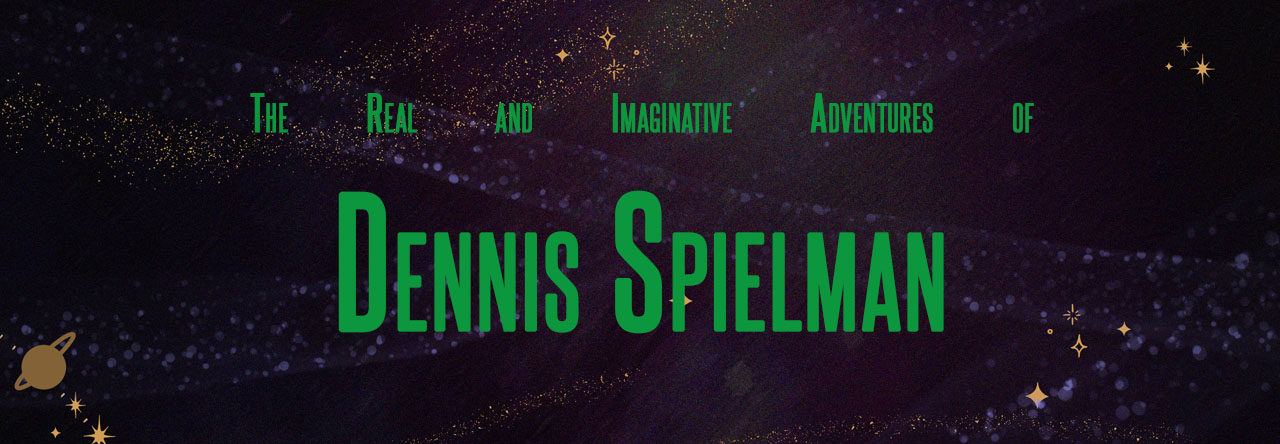Kris Murray talks about Growing Through Acquisition in this profile article I wrote for the Oklahoma Venture Forum.
Kris Murray’s entrepreneurial journey began in college when a friend suggested they should start a web development company. While in high school and college, Murray was interested in web development, video production, graphic design, and how to code, but throughout most of his college career, he was a biology major. Before making a significant life pivot, Murray had some terms.
“I was like, ‘Sure, we’ll start a company if you secure the first client,’” said Kris Murray. “And essentially, I threw some numbers at him, like, ‘If you can kind of guarantee that both of us will make X amount of money for the first year, I’ll jump in this crazy idea with you,’ and like two weeks later; he had all the stuff secured. He had sold to different people and secured a lump sum of money and a retainer covering our living expenses.”
As time progressed, Murray’s original business partner wanted to exit, so Murray bought him out and then merged with a friend’s video production company, where they were outsourcing all of their video work. They joined forces and created a new brand called Spark.
“At the time, people’s choices were to hire an ad agency, where typical ad agencies had not kind of caught up with the changes of digital media, so they were billing high hourly rates and didn’t really know how to engage new media, or hire a person internally and have to pay their salary, pay for their equipment, pay for their health insurance, and stuff like that,” said Murray. “We were the no-brainer choice because we were cheaper than both options available to them, and it was like, hey, if we hate these guys, we can fire them because they’re essentially a contractor, and we can move in a different direction. So again, we saw pretty quick success with that. I think our goal was to get like 20 clients, and we met that goal within two weeks.”
With Spark, Murray loved they were helping solve unique problems for people. He found companies would be great at providing their goods and services to people, but they didn’t know how to connect with potential customers, and that’s where Spark excelled.
“We had a client early on say essentially we were the best investment they had ever made in marketing, and that was like a big moment for me,” said Murray. “When I started realizing that people see us as an investment, this is a partnership, this isn’t a typical contract engagement, and this isn’t a service. They feel like we are jointly moving towards their shared success.”
Murray knew Spark’s next phase of growth would be through acquisitions. Their first acquisition was Scissortail Media. Murray admired the company’s high-end impactful work. Through circumstances, the owner of Scissortail Media had started a virtual reality software platform and was looking to pursue that avenue. The creative and storytelling aspect of video production was an area Spark needed to grow, so they acquired them to get the talent, equipment, and proprietary story craft process.
“We did an acqui-hire, where we hired all the staff,” said Murray. “Whatever Scissortail Media’s best year was, we doubled that in the first year of our acquisition. We gave all the staff a raise, we kept everybody on through the transition, and we carried that through with our future acquisitions, is we always tried to retain the entire team.”
For the following acquisitions, they used the Traction system, an entrepreneurial operating system, to help explore core values, systems, processes, and what is needed to get to the next phase. Murray identified Casey Cornett with Cornett Marketing and later Studio Flight.
“With all of our acquisitions, we always did cash deals, where we never got into debt because of acquisitions,” said Murray. “I wanted to have an agency that was working citywide, statewide, nationally, globally, and by the time we consolidated the brands and everything, we had great local clients, we had great statewide clients, we had great national clients, and we had great global clients. In all service areas that we were a part of, we were, in some ways top of that, working with top-tier clients. We were getting top-tier clients to work with us, so it was the completion of the original vision.”
Kris Murray will speak to Oklahoma Venture Forum Power Lunch members on Wednesday, October 12, 2022. The event will be open to members and guests both in-person and virtually via ZOOM.
“My advice would be a lot of people think that they need seed capital to get started, and for some things, you do need seed capital, but I would encourage people to market test their idea and do as much as they can to bootstrap whatever product or service they’re doing, and then once they have marketed tested their service or product, and they have a good idea of what the demand will be, then if they need capital, do growth capital,” said Murray. “We never did any kind of investment, so we bootstrapped everything. Honestly, I’ve got friends that have done capital rounds, saying, ‘I wish we had bootstrapped things,’ because one thing that capital does is it accelerates all of your problems. Money accelerates everything, so if things are going good, it accelerates things, but if things are not figured out or going well, it can run you off a cliff pretty fast.”
